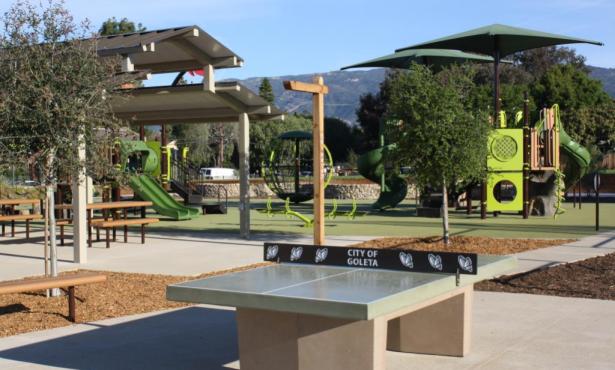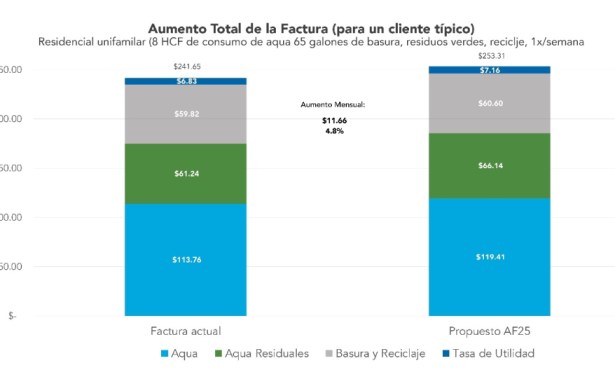EPA Seeks DERA Grant Proposals up to $4 Million to Reduce Emissions from Diesel Engines Across Pacific Southwest
Funding Prioritized for Areas Facing Air Quality Challenges
SAN FRANCISCO — The U.S. Environmental Protection Agency (EPA) is announcing the availability of grant funding to implement projects aimed at reducing emissions from the nation’s existing fleet of older diesel engines. EPA anticipates awarding approximately $44 million in Diesel Emissions Reduction Act (DERA) grant funding to eligible applicants, nationally. EPA’s Pacific Southwest Region (Arizona, California, Hawaii, Nevada, Guam, American Samoa, Northern Mariana Islands) will accept proposals requesting up to $4 million per application.
The DERA grant program in the western United States is part of the West Coast Collaborative, which leverages public and private funds and partnerships to reduce emissions from the most polluting diesel sources. The vehicle and equipment upgrades cut emissions of fine particulates, nitrogen oxides, hydrocarbons, and carbon monoxide.
“Modernizing our nation’s aging fleet of diesel-powered vehicles is an important part of the Trump Administration’s plan to further reduce harmful emissions and guide counties and States from nonattainment, into attainment,” said EPA Administrator Andrew Wheeler. “Our hope is that through these upgrades and ongoing efforts, communities will continue to see improved health outcomes for their residents, ensuring all Americans breathe cleaner air.”
“By promoting clean diesel technologies, we can improve air quality and human health, advance American innovation and support green jobs,” said EPA Pacific Southwest Regional Administrator Mike Stoker. “Reducing exposure to diesel pollution is important for everyone, especially for those who live, work and play in the America’s Pacific Southwest.”
In 2019, the Pacific Southwest Region awarded nearly $14 million in DERA grants.
Diesel-powered engines move approximately 90% of the nation’s freight tonnage, and today nearly all highway freight trucks, locomotives, and commercial marine vessels are powered by diesel engines.
EPA is soliciting applications nationwide for projects that significantly reduce diesel emissions and exposure, especially from fleets operating at goods movements facilities in areas designated as having poor air quality. Applicants may request funding to upgrade or replace diesel-powered buses, trucks, marine engines, locomotives and nonroad equipment with newer, cleaner technologies. Priority for funding will also be given to projects that engage and benefit local communities and applicants that demonstrate their ability to promote and continue efforts to reduce emissions after the project has ended.
EPA anticipates releasing a separate Tribal DERA grant funding opportunity in early 2020.
Background
Since the first year of the DERA program in 2008, EPA has competitively awarded over 790 grants and 420 rebates across the country. Many of these projects funded cleaner diesel engines that operate in economically disadvantaged communities whose residents suffer from higher-than-average instances of asthma, heart and lung disease.
Eligible applicants include regional, state, local or tribal agencies, or port authorities with jurisdiction over transportation or air quality. Nonprofit organizations may apply if they provide pollution reduction or educational services to diesel fleet owners or have, as their principal purpose, the promotion of transportation or air quality. Applicants may apply until Feb. 26, 2020.
Under this competition, EPA anticipates awarding between 40 and 60 assistance agreements. Applicants must request funding from the EPA regional office which covers the geographic project location. The maximum amount of federal funding that may be requested per application varies by EPA Region.
Learn more about EPA’s DERA program, West Coast Collaborative, and EPA’s Pacific Southwest Region. Connect with us on Facebook and on Twitter.



